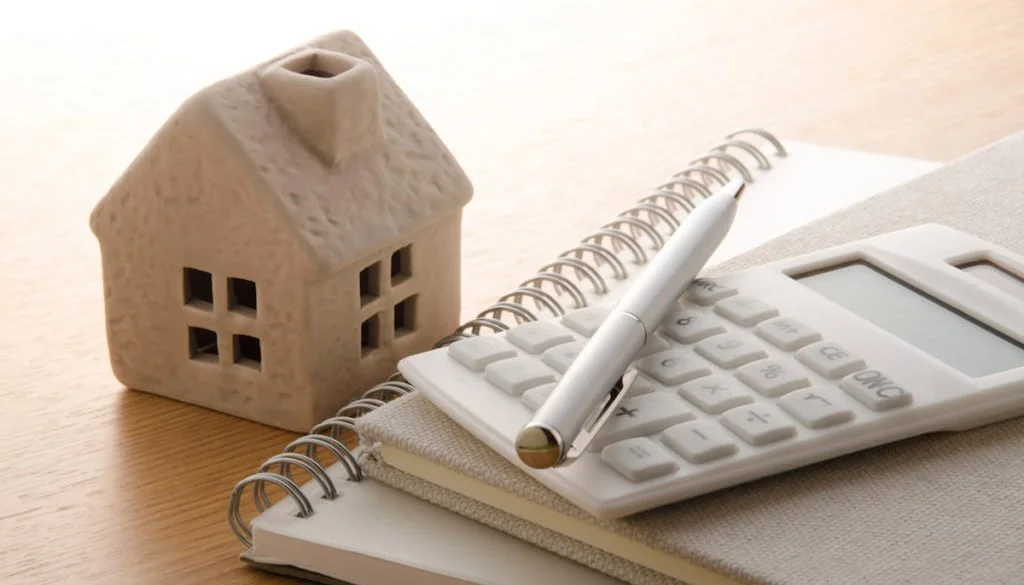FIVE ESSENTIAL PRE-AUCTION-DAY TIPS
/After months of house hunting, you’ve found your ideal home or investment property. Now it’s time to get serious about preparing to bid. In my experience the successful bidder is very often the most well-prepared bidder.
Here’s a checklist of five essential things to do before putting up your hand at auction.
1. Secure your finance
If you’re serious about a property, you’ll bid more confidently if you have a greater degree of certainty about your finance.
In addition to helping you to decide which loan best suits your needs your mortgage broker will help you to anticipate all the costs of the transaction, the loan repayments and how these will change depending on how high you bid. He/she should also inform you about the limitations with your approval, particularly with respect to the suitability of the property you are interested in as security for the loan.
2. Pre-purchase inspections
The home you’ve fallen in love with may look beautiful, but you want to make sure it’s structurally sound and not prone to pest damage. A house is likely to be the biggest investment you’ll ever make in your lifetime. The time to discover any expensive defects is now. A building and pest inspection could save you thousands of dollars in unexpected repairs after you have become the owner. Both building and pest inspections should be carried out by suitably qualified and certified building inspectors.
Similarly, with apartment purchases ask your solicitor or conveyancer to commission a Strata Report. This will highlight issues with the common property that may not be apparent in the apartment itself. It should also highlight whether there are any building defects needing repair, future special levies which may become payable by unit holders, and perhaps even highlight any issues of difficulty or dispute between the proprietors. It is also a good idea to check the health of the Sinking Fund – that amount set aside by the Body Corporate for future major maintenance work or repairs.
3. Review the Contract for Sale
The Contract for Sale contains all the legal information about the property, such as the title, boundary measurements and details of any easements. You’ll also find information about any local government building restrictions and environmental planning restrictions. A copy of the Contract is usually available at open for inspections and you can request a copy from the real estate agent to be mailed to you. Read it thoroughly yourself before auction day and ask your solicitor or conveyancer to review the terms and conditions, inclusions and exclusions. Do not be afraid to negotiate on these in advance of the auction.
4. Prepare Your Strategy
Hopefully by now you have properly researched the local market and have formed your own idea of how much the property is realistically worth. In the same way that the Vendor has to decide on a reserve price you need to set your maximum price. Be prepared to pay a small premium if it’s the right property, but also be prepared to walk away if you come up against a stubborn competitor who may not be as well-prepared, or is driven too much by the fear of missing out.
If the property passes in and you are the highest bidder you are in a strong position to negotiate. Remember: the market has already spoken! Do not allow yourself to be bullied or coerced by the selling agent into raising your bid just because the Vendor cannot accept the verdict of the market.
Consider engaging a buyer’s agent. A good buyer’s agent is typically bidding on between 5 and 10 properties a month. They are experienced in strategies for maximising your chances of a successful bid at a reasonable price, and they provide you with a strong bulwark against selling agents pulling your emotional strings. They know the law, your rights as a bidder, and provide that all-important detachment as a counter to your own emotional involvement in the purchase.
5. Understand the Bidding Process
In NSW it is a legal requirement to formally register as a bidder before you can participate in a public auction. Consult with the selling agent during the days prior on the process of registering, and paying the agreed deposit sum on the day in the event that you are the successful bidder.
Make sure you arrive well in advance of the auction time and survey the room. Who else is bidding? Do they have expert help in tow? Are they nervous like you? These are matters you cannot control. What you can control is how well-prepared you are.
You know the property, you know its attributes, you have researched the market, you have had an expert check its condition, and your know your financial capacity. You have prepared your strategy and you have assembled a small team to help you execute it.
Then you’re already ahead of most of your peers, have maximised your chances of success and can bid with confidence!







